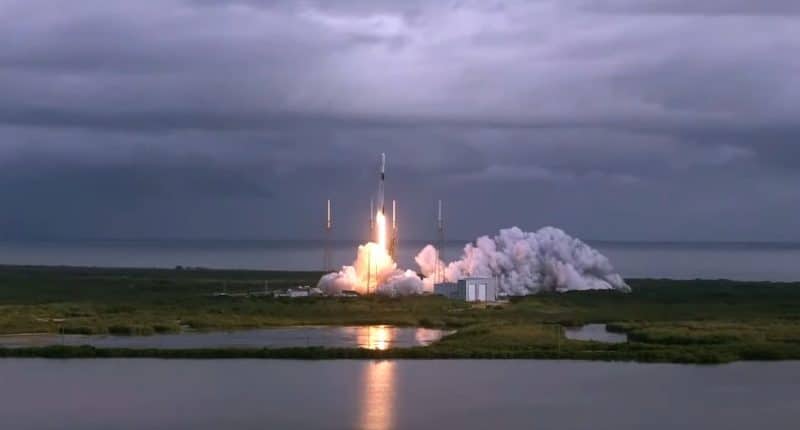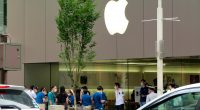Elon Musk’s SpaceX scaled new heights on Sunday after launching a record 143 small satellites in a single Falcon-9 rocket launch in a single mission on a rideshare mission. The mission, dubbed Transport-1, also included 10 satellites for SpaceX’s own Starlink network and more than 130 satellites for customers including PlanetLabs, Swarm Technologies, KeplerCommunications, Spire, Capella Space, NASA and ICEYE. Transport-1 took off from Pad 40 at Cape Canaveral.
This will add to the thousand satellites already in orbit as a part of SpaceX’s ambitious Starlink satellite broadband network. The Falcon-9’s trajectory was similar to that of its predecessor in August 2020, soaring towards the southeast from Cape Canaveral, vectoring its thrust towards south Florida before flying over Cuba, the Caribbean and Central America. This came after the launch had been delayed due to poor weather conditions.
Sunday’s mission broke an earlier record of launching 104 satellites, set by India’s Polar Satellite Launch Vehicle (PSLV), back in 2017.
SpaceX’s drone ship in the Atlantic Ocean retrieved the Falcon-9’s reusable first stage booster approximately 10 minutes after liftoff, while the second stage flew over Antarctica and reignited its engine while heading north over the Indian Ocean.The payloads ranged in size from CubeSats to microsatellites weighing several hundred pounds.SpaceX later revealed that the Falcon-9’s payload fairing halves were also retrieved.
The Transporter-1 mission by SpaceX is the first in its new ‘rideshare’ program. SpaceX revealed that it will dedicate more ‘regularly scheduled’ launched of Falcon-9 to carry large batches of small satellites, or “smallsats,” rather than focusing on one large, primary payload. This means that just about anyone can now build a capable satellite in a very small package, and with SpaceX’s rideshare program offering to transport these packages into orbit for a small sum of $1 million, the commercial aspect will continue to rise.
“SpaceX is providing a competitive rideshare option, in large part leveraging its Starlink launches,” said Bryce Space and Technology senior analyst Phil Smith. The rideshare missions offer a different option for low-cost satellites looking for a ride to orbit. Regarding SpaceX, Smith said, “A fairly reliable ‘bus route’ is available, whereas I suppose one might compare companies like Rocket Lab and Virgin Orbit as on-call taxies that get your satellite where you want it ASAP.”
Smallsats range in size from as small as a smartphone to as large as a kitchen refrigerator, and as they have grown more advanced, services using new smallsat technologies have never been more popular. Companies like Rocket Lab and Virgin Orbithave successfully sent their downsized rockets to orbit and begun commercial operations.





